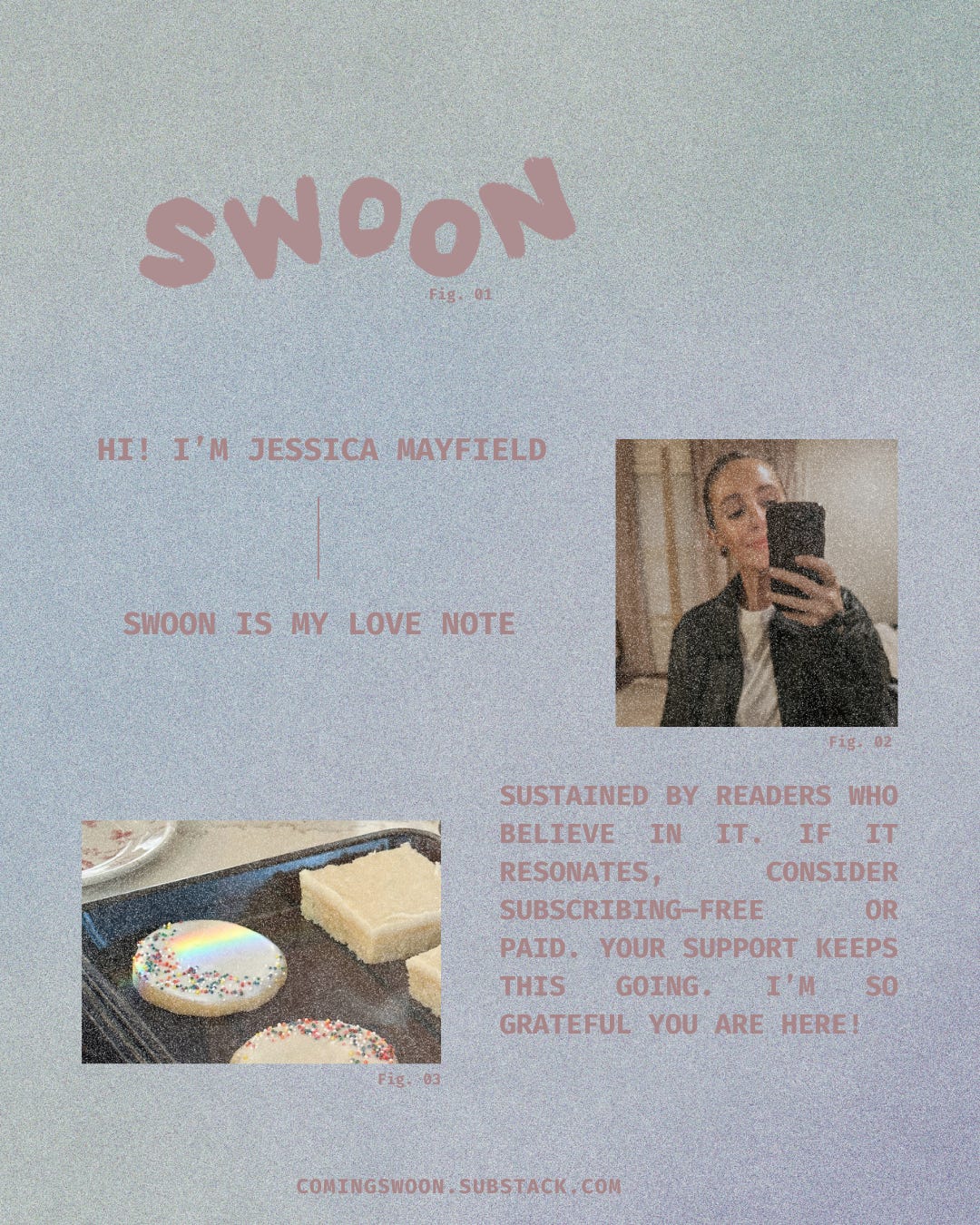5 Signs You’re Overwhelmed (And the Research-Backed Way to Reset)
Are You Feeling This Too? Here’s What to Do When Things Feel Like “Too Much” –Even During the Holidays
I thought stress and overwhelm were interchangeable words for similar feelings, but Brené Brown’s research has shifted my perspective. In Atlas of the Heart, she reveals that stress and overwhelm are distinct experiences—and understanding the difference can help us navigate them better.
Brené described it perfectly in a recent post: stress feels like frantically playing Whac-A-Mole at the carnival—relentless and difficult, but still manageable if you just keep up. Overwhelm, on the other hand, is entirely different. For me, it’s emotional and physical overstimulation, like walking into the carnival and hearing every sound at once, losing sight of your people, and feeling unable to find the exit. Overwhelm happens when our coping strategies stop working.
Brown’s research shows that while stress can sometimes be managed by powering through, overwhelm requires an entirely different response: stopping. The antidote isn’t doing more or even doing better. It’s non-doing.
What My Highly Sensitive Child Has Taught Me About Overwhelm
Parenting a highly sensitive child has taught me more about overwhelm than I ever imagined. Helping them find the words to describe their feelings—and advocating for the space they need to recover—has reflected back lessons I needed for myself.
There are times when my child will simply say, “It’s just too much.” They describe a fullness of feelings, stimulation, and intensity that I know all too well. Things I once wrote off as stress, they’ve helped me recognize as complete overstimulation. Through their clarity, I’ve learned how important it is to slow down, step back, and recalibrate.
I used to be so hard on myself for feeling overwhelmed. I’d compare myself to friends who seemed to handle life’s demands effortlessly, wondering why I struggled with spaces, tasks, or even conversations that left me drained. But something shifted when I started loving and accepting my child for their quirks and tender nature without judgment. Watching them navigate their world with their own unique rhythm, I’ve learned to be far more gentle with my own.
We never fully know what’s happening in the internal worlds of others. I’ve been continually surprised by the stories my friends carry behind their calm exteriors. We’re all managing something, often more than we realize. Comparing ourselves to others only keeps us from honoring our own experiences.
What I’ve learned is this: what feels hard to you is hard. And that’s okay. Grace—for ourselves and others—comes when we stop comparing and start acknowledging the tenderness we all carry. It’s in moments of vulnerability, when we allow ourselves to rest, that we begin to recover and truly be present.
So if you’re feeling overwhelmed, know that it’s real. It’s okay to take what you need, without shame. You’re doing your best, and that’s enough.
Signs You’re Overwhelmed (Not Just Stressed)
You feel paralyzed by decision-making, even small ones.
Everything feels “too much”—too loud, chaotic, or intense.
You’re emotionally reactive, snapping or tearing up unexpectedly.
You can’t even begin to get the next thing done.
You feel detached, wanting to withdraw or shut down entirely.
Why Non-Doing Works
When we’re overwhelmed, our nervous system shifts into overdrive. According to Brown, “The research shows that nothingness is the only way to reset after overwhelm.” She describes her own practice: “I walk out of here and go straight to the parking lot. I just walk circles for 10 or 15 minutes, and then I can come back and try to reset.”
Non-doing—a deliberate moment of stillness—calms the overstimulated nervous system. It’s not about avoiding responsibilities or pushing through; it’s about creating space to recover.
For my child and me, recognizing the signs of overwhelm has been transformative. We’ve started identifying the triggers and the subtle cues that we’re approaching the tipping point. Now, instead of letting it spiral, we recalibrate. Whether it’s stepping outside, turning down the volume of life, or pausing to breathe, non-doing has become a powerful tool for resetting and regaining balance.
How to Practice Non-Doing (Even During Thanksgiving)
Claim a quiet moment. Step outside after dinner or find a calm corner to take five minutes for yourself. No distractions. No screens. Just presence.
Stop multitasking. Do one thing at a time. Real presence comes from slowing down.
Let go of the “shoulds.” Release unnecessary expectations. Ask yourself, “What can I let go of this week?” Maybe it’s a perfectionist idea of how things should go, or a commitment you really don’t need to take on. Let it go, guilt-free.
Say no. Set boundaries. Skip the extra party, leave the dishes, or step away from a draining conversation. Choose your energy over obligation.
Take a walk. Put down your phone and walk—not to get anywhere, but simply to get back in your body and out of the overwhelm buzz.
Do nothing together. Spend time with loved ones where the only agenda is being present. Sitting in silence, reading side by side, or cuddling—sometimes the simplest moments mean the most.
Take a shower or bath. This is always my quick go-to for resetting when I feel overwhelmed in the middle of things. Lock the door and be unreachable.
Watch the world without participating. Especially during the holidays, when surrounded by loved ones, let yourself simply observe. Sip your wine. Take it all in without feeling the need to engage. Often, this quiet space leads to unexpected appreciation.
A Lesson in Grace
My child has taught me that acknowledging overwhelm and asking for what we need isn’t weakness—it’s wisdom. This Thanksgiving, let’s embrace that wisdom by practicing non-doing. Let’s create space for ourselves and those we love, allowing moments of quiet and nothingness to be just as valuable as everything else.
When we make room for nothingness, we open ourselves to experiencing the season for what it truly is—not in the blur of overstimulation, of diminishing our selves for the muchness of everything else, but in its peaceful, imperfect way.
What signs of overwhelm do you notice in yourself? How can you give yourself and the ones you love space for a little non-doing this week?
I don’t want more if it comes at the cost of showing up fully in the places that matter most. I don’t want “more” if it means diminishing the parts of me that need care and attention. What I crave is more connection, more stillness—a space where our tender bodies can unfold.
With warmth,
Jessica









